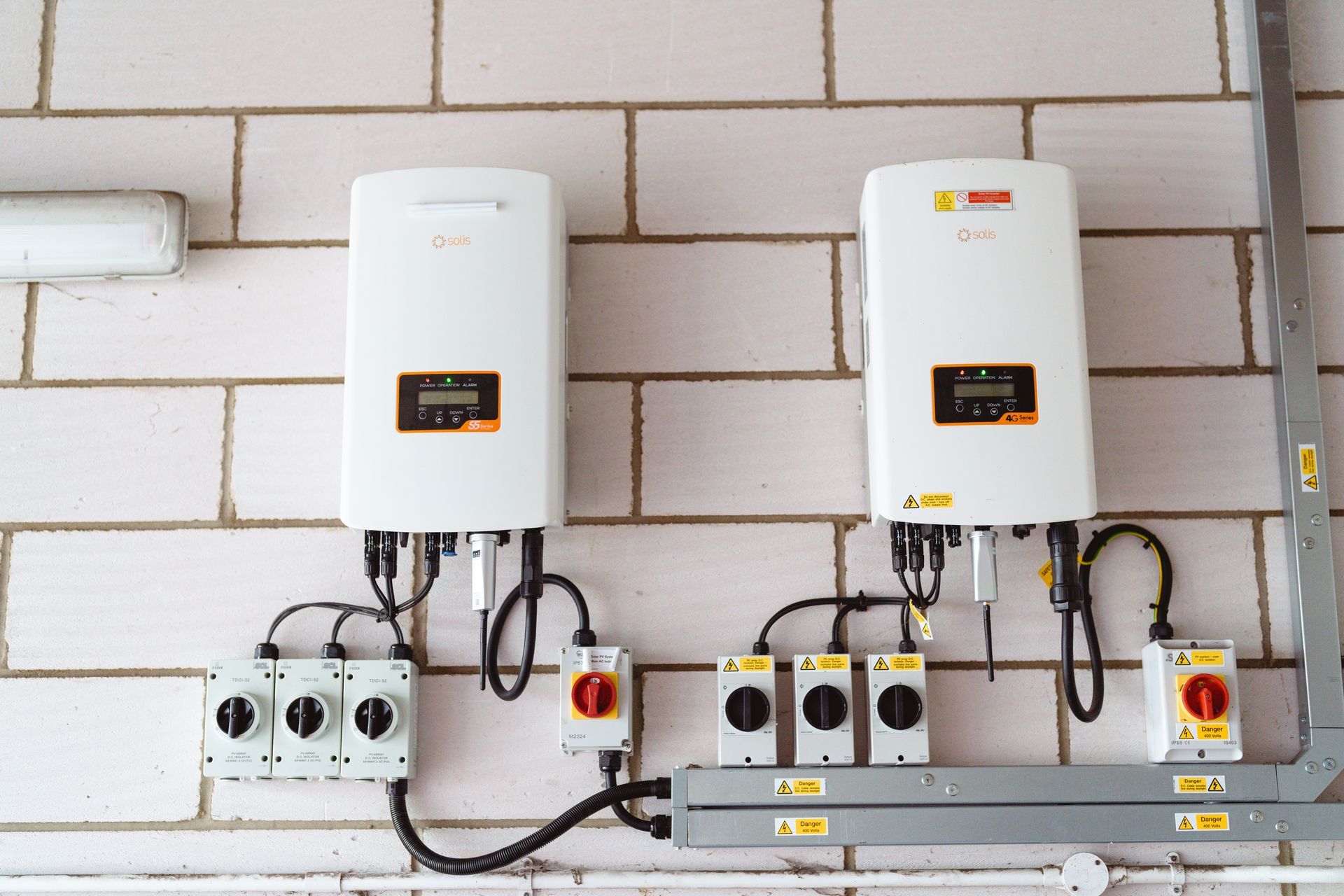We are specialists in rewires:
Rewires are the process of replacing or upgrading the electrical wiring in a residential building.
What we offer
Safety
One of the primary reasons for rewires is to ensure the safety of a building's electrical system. Old or damaged electrical wiring can be a fire hazard and can also pose a risk of electrocution. By rewiring a building, residential developers, landlords, and homeowners can reduce the risk of accidents and injuries.
Compliance
Rewires may also be required to meet regulatory standards or insurance requirements. For example, a residential developer might need to rewire a building to meet the National Electrical Code (NEC) or a landlord might need to rewire a property to meet the requirements of their insurance provider.
Energy Efficiency
Rewires can also help residential developers, landlords, and home owners save energy and reduce their energy costs. Modern electrical wiring is designed to be more energy efficient than older wiring, and rewiring a building can help building occupants take advantage of these efficiencies.
Capacity
As a building's energy needs change, it may be necessary to rewire the building to accommodate these changes. For example, a homeowner who installs a new electric vehicle charging station might need to rewire their home to ensure that it has sufficient capacity to support the new equipment.















